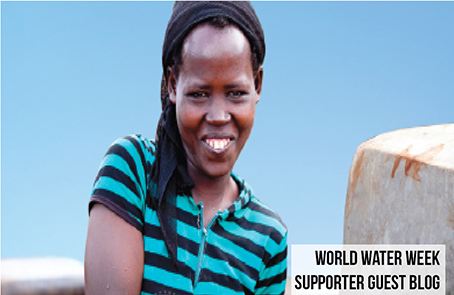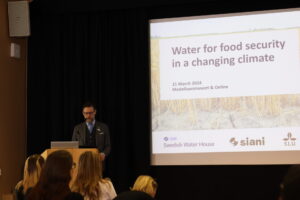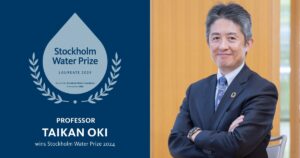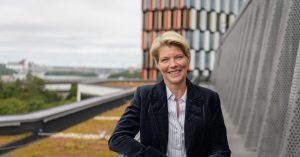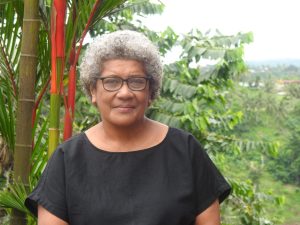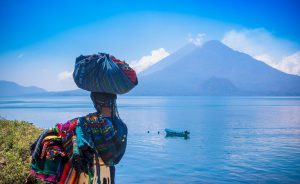How do water access, women’s empowerment and consumer brands overlap?
NextDrop will help ease the burden of unpredictable supply, the initiative being piloted in Mysore provides a real-time text service to alert people when water will be available.
World Water Week supporter guest blog: Hanneke Willenborg, Global VP for Dishwash, Unilever, hanneke.willenborg@unilever.com
Let me start by sharing the story of Vanita. I met Vanita in the slums of India – a housewife who, like many, spends hours waiting for water every day. When I asked her what she would do if she had more time, she said, without hesitation, she would sew more, to earn more money, and send her children to school.
I am honoured to be here in Stockholm to be part of the jubilee year of World Water Week. We are here because the world continues to change and face new challenges in relation to water – and we all need to keep changing with it, including the private sector.
On Monday, Unilever’s hand-dishwash brand Sunlight convened a panel bringing together UN Water, Oxfam, WaterAid, UNESCO’s WWAP, NextDrop and the Water for Women Partnership to discuss initiatives that improve water access, save time, and empower women. You may wonder where Sunlight fits into this discussion. We believe that we can contribute to women’s empowerment and make a real impact on the lives of women and their families in regions with limited water access. Of course we can’t do this alone, but together with our partners, businesses have a vital role to play in creating change.
We believe that business can be part of the solution to global challenges that affect us all. This is why in 2010 we launched the Unilever Sustainable Living Plan – and our aim to double the size of our business while reducing our environmental footprint and increasing our positive social impact.
But the Sunlight story actually begins over a century ago, back in 1883, when Lord Lever launched a dishwashing product to ease the daily labour of women. In keeping with our roots, our mission today – to liberate women’s time – is the natural extension of this legacy. There are two ways we can help: through innovative, high-performance products that enable women to reclaim valuable time, and through community-based initiatives that reduce the time women spend accessing water.
In 2013 we started a partnership with Oxfam with the aim of using our expertise in understanding women’s needs to co-develop Water Centres in Nigeria. Centres have been established in Okpoga and Sankera, both peri-urban areas in Nigeria. Based on a social enterprise model, the Water Centres provide better access to clean water, reducing the time and effort women spend collecting an unclean alternative. Local women are trained to run the centres – giving them skills, experience and an opportunity to generate an income. Water is sold at a low cost, as are food and household products and all proceeds are used for the ongoing maintenance and management of the centres to ensure long-term sustainability.
We are only at the start of our journey with these projects, but our ambition is to increase their scale and, together with partners, find further time-saving solutions to help more women change their lives for the better. I hope you will join Sunlight and the partners that are with us here at World Water Week to find out more.
- Sunlight is supporting World Water Week – join the debate on Twitter using #WaterForWomen
